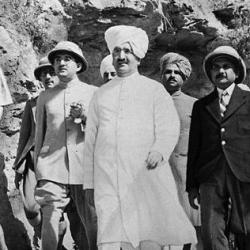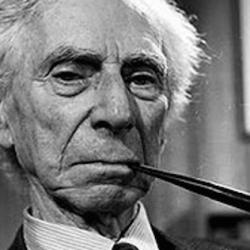Cheating is pervasive, but rarely receives extended ethical analysis, argues Deborah Rhode in her forthcoming Cheating. We cheat on taxes, in games and sports, in love, in finding shortcuts to get what we want. She argues for a stringent set of criteria for breaking conventions and rules: “individuals’ natural cognitive bias to skew the cost-benefit calculations of cheating in self-serving directions, society needs a general presumption against such misconduct. To justify an exception, a disinterested decision maker should be able... Read more




















